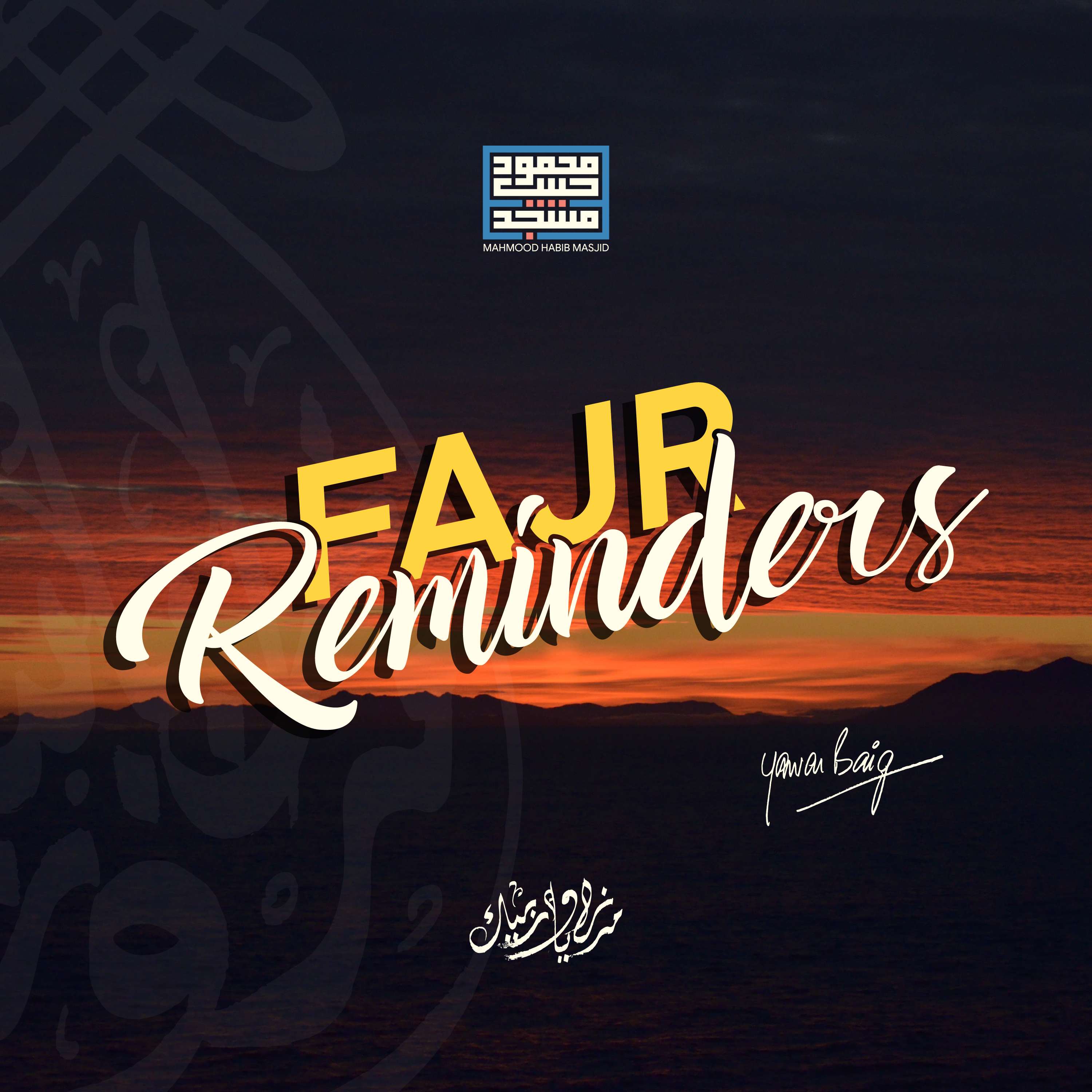Culture of Islam
Description
---
*This transcript was automatically generated by AI and may contain errors. *
---
Alhamdulillah, O Lord of the worlds and peace and blessings be upon the most honored of the prophets and messengers. Muhammad is the Messenger of Allah, peace and blessings be upon him and upon his family and companions, and he has accepted many many. So, we looked at the first of the elements of change that the Messenger of Allah, peace and blessings be upon him, implemented in order to transform his community from being the most oppressed, the weakest to becoming the strongest and the rulers of their world of the time. And that first element was to change how we view ourselves. The reason for that obviously is that everything comes from the individual. All change has to begin with me. Anyone who thinks that the way to change the world is to change somebody else and I remain the same way, no, doesn't work. Doesn't work in any field. If I want change to happen in my environment, that change has to begin from me. And therefore, my identity, do I see myself as within quotes a ruler or a king? And I don't mean that literally, I mean in the terms of an attitude of like a king, meaning that I don't obey anyone, but everyone else must obey me. But this doesn't work because this is not who we are. Allah, the Almighty sent us as His Ibad, as His slaves. We are here in this world to obey Allah in the way of the Rasul, peace be upon him, who showed us how to obey Allah. Just think about that. Think about this. We just prayed Salatul Maghrib. We prayed three rakat. If I ask you, why did you pray three rakat? Why not four? Why not two? Why not one? What is the answer? If I ask you, why did you pray in this way? Why do you start the Salah with Tagmir, the Harimah? Why do you recite Surah Al-Fatihah first? Why do you recite Surah Al-Fatihah in every rakat? Isn't it enough to say it once? The answer to all of these questions is only one. Because this is the way Rasulullah A.S. prayed, period. Why, why, why, why, why? Because this is how Rasulullah A.S. did that. Actually, I remind myself is the same principle applies for everything in life. It is not restricted to Salah. Salah is the example which shows me how I should do business. Salah shows me how I must handle my family. Salah shows me if I'm a ruler of a country, how I must rule my country. If I'm a judge in a court, Salah shows me how I must give my rulings and my judgments in the court and so on and so on. If I'm a business person, business man or woman, Salah shows me how to do business. And that's the reason for studying the Seerah. The Salah is the example. We do it the way of Muhammad Sallallahu Alaihi Wasallam. Then it becomes accepted by Allah Subhanahu Wa Ta'ala. Then it becomes full of Khair and Malakha for all concerned, including myself. We go to the second part of the transformation that Rasulullah A.S. brought about, and that is a transformation in culture. We start with the individual, then we go into the surrounding of the the surroundings in which the individual lives and works and functions. And that surrounding is called the culture. The culture was to move from discrimination, from high and low to equality, genuine equality. Everyone equal before Allah. This is what Islam brought in Islam. There is no superior or inferior to the extent the Sahaba came to the Prophet, some of them were people in their travels. They had gone to the courts of different kings and so on. And they said, yes, if you permit us, we would like to make such that to you as the way of greeting you, because this is how the kings of Rome and Persia and other places. This is their way that when people come into the court, they are there, the demand there, they are commanded to make such that to put their hand on the ground in front of the king. So some of them just lie down flat on their face. And you deserve it more than any of them, because you are not only our ruler,
More Episodes
---
*This transcript was automatically generated by AI and may contain errors. *
---
Alhamdulillah Rabbil Alamin wassalatuh wassalamu ala ashrafil anbiya'i walmursalin. Muhammadur Rasulullah sallallahu alayhi wa ala alihi wasami wasallam tasliman kathiran kathiran. Fa'ma ba'du fata'ala...
Published 11/28/24
Published 11/27/24
---
*This transcript was automatically generated by AI and may contain errors. *
---
In the name of Allah, the most Gracious, the most Merciful. All praise be to Allah, the Lord of the worlds. May His peace and blessings be upon His honored messengers. Muhammad was the Messenger of Allah,...
Published 11/26/24


